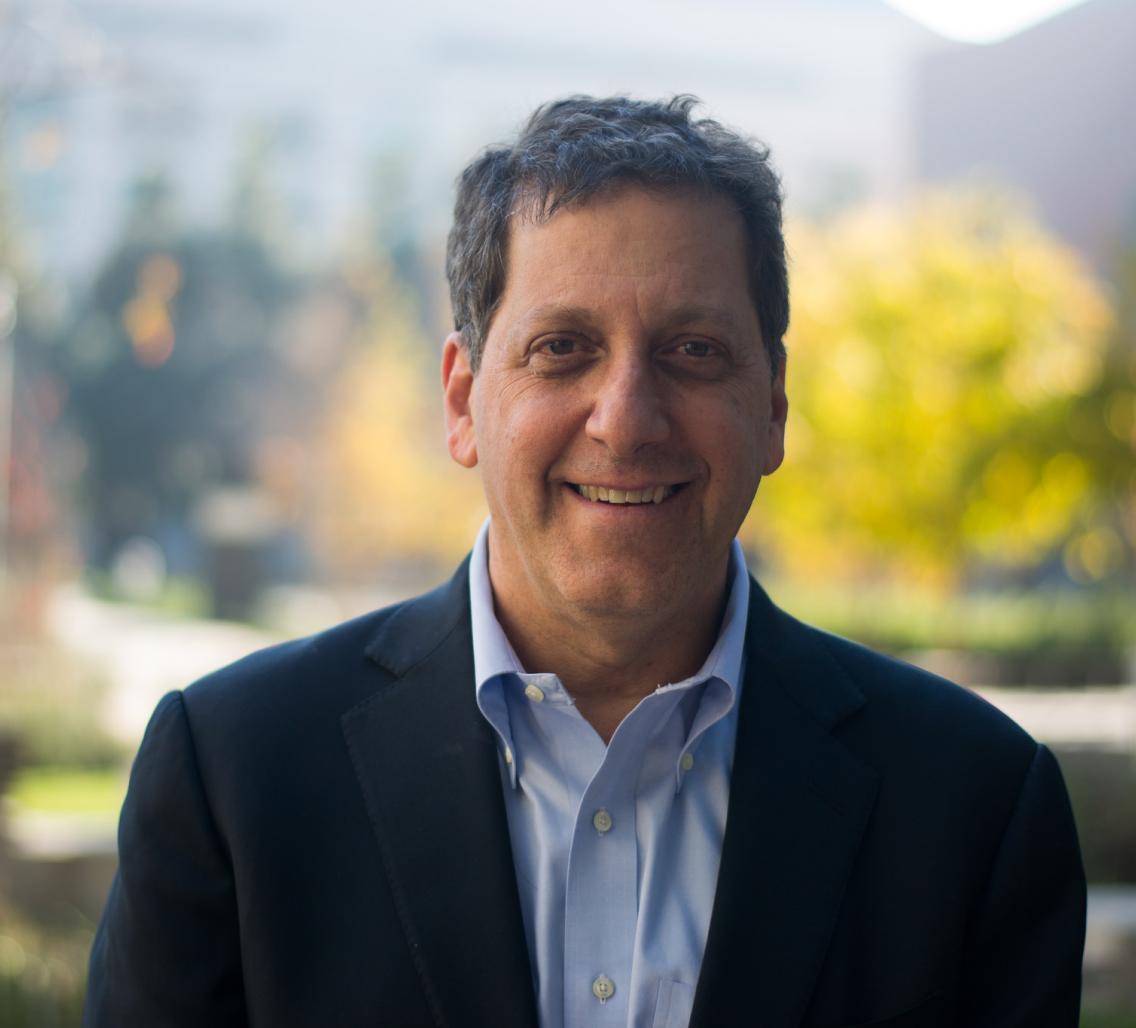Event Details:

Getting from genes to pathophysiology in autism spectrum and Tourette disorders
Matthew State
Oberndorf Family Distinguished Professor and
Chair Department of Psychiatry
University of California San Francisco School of Medicine
Abstract
Advances in genomic technology have led to marked progress in gene discovery in a number of neurodevelopmental and behavioral disorders including autism spectrum disorder and Tourette disorder. The steadily increasing pool of reliable molecular data emerging from large-scale, unbiased genetic studies is setting the stage for a revolution in the understanding of these conditions. However, the goal now of moving from genes to biology and from clarifying biology to illuminating pathophysiology remains daunting. This talk will first review recent progress in Tourette disorder and autism spectrum disorder genetics and genomics, with an emphasis on the role of de novo mutations. Then, both what recent findings suggest about underlying mechanisms as well as the challenges still facing gene-first approaches to translational science in complex disorders of brain development, will be considered.
Bio
Matthew State MD, PhD is a child and adolescent psychiatrist and human geneticist who is currently the Oberndorf Family Distinguished Professor of Psychiatry, Chair of the Department of Psychiatry, Executive Director of the UCSF Child Teen and Family Center, Director of the Langley Porter Psychiatric Institute, and member of the Weill Institute for Neurosciences at the University of California San Francisco.
He received his MD from Stanford University, completed a residency in psychiatry and fellowship in child psychiatry at UCLA, and earned a PhD in genetics from Yale University, where he joined the faculty in 2001, until moving to UCSF in 2013. Over the past 15 years, his laboratory has played a leading role in elaborating the contribution of rare mutations to the etiology of autism spectrum and Tourette disorders. He has been the recipient of numerous awards, including the Tarjan Award from AACAP, the Ruane Prize from the Brain and Behavior Research Foundation, and was elected to membership in the National Academy of Medicine in 2013.